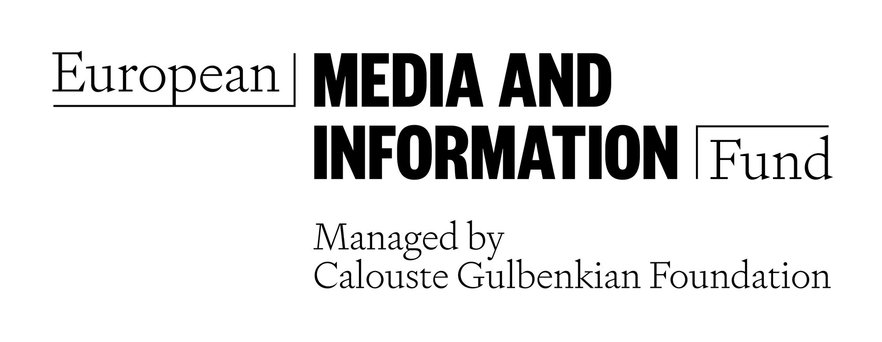Armands Astukevičs, Researcher at the Centre for East European policy studies
The Centre for East European Policy Studies continues to analyse current trends in Belarus, information activities, their impact and disinformation campaigns in which the regime of dictator Alexander Lukashenko continues to actively target its neighbours in the West.
Distortion of facts and events regularly serves as a tool to justify political choices and decisions in Belarus. For example, in April, Belarusian propaganda channels reported on the restriction of freedom of speech in Latvia, as evidenced by Latvia’s decision to block Belarusian media outlets allegedly spreading aggressive Russian propaganda. In response, the Belarusian authorities subsequently decided to block a number of Latvian media websites.
Belarusian propaganda also regularly addresses the issue of the ongoing movement of migrants across Belarusian borders to Poland, Lithuania and Latvia. Meanwhile, all these countries are accused of human rights violations and violence against migrants, who are trying to reach Europe individually, without the coordinated support of the Belarusian special services.
In changing roles, the Belarusian propaganda media “obtain evidence” of abuses committed by the Latvian, Lithuanian or Polish services. Similarly, Belarusian propaganda recently reported yet another victim of the Latvian services, citing a statement by the Belarusian Investigative Committee which referred to a Syrian refugee, who had allegedly been murdered and smuggled across the Latvian-Belarusian border.
According to the Belarusian propaganda, all this is evidence of Latvia’s systemic policy of “racial filtration”. Needless to say, there is no other real evidence of the abuses beyond the loud allegations.
Similar announcements and broadcasts are made about Lithuania and Poland. The propaganda media also go to great lengths to explain and provide historical insight into the issue, as if justifying that the flow of migrants through Belarus is the result of migration policy, implemented by Angela Merkel who served as German Chancellor at the time.
However, such statements by Belarusian officials and media do not surprise those who have been following developments in the Belarusian information space and disinformation activities against the West. Since 2021, when Belarus launched a hybrid operation against its neighbours using migrants from third countries as a weapon, it has been accompanied by a parallel disinformation dimension. It is often observed that at times when migration flows across the Belarusian border increase, Belarusian propaganda channels are also more active. Disinformation also increases when decisions or measures are taken in Latvia, Lithuania or Poland that are not favourable to Belarus.
Moreover, as Belarusian force structures, in cooperation with organised crime groups, carry out the relocation of these people and train migrants to increase their chances of obtaining a residence permit in the EU, they become an easily manipulated tool for the Belarusian special services to use for information operations.
These informational influence activities have several objectives. Firstly, they seek to manipulate the debate on migration policy and polarise opinion in an attempt to sabotage the functioning of national democratic systems and governance. Secondly, it is an attempt to influence and reach the agenda of prominent international organisations, media and other EU countries, thereby seeking to increase the divisions with the EU by misrepresenting the policies implemented by the Baltic states and Poland.
It is important to note that in democratic EU countries such as Latvia, Lithuania and Poland, the security services work on different principles than the Belarusian propaganda tries to portray. Firstly, in all countries, civilian supervision over the work of the services is carried out to make sure that they operate within their competence and tasks. Secondly, such violence against migrants makes no sense and can only create reputational risks and benefit Belarus’s strategic objectives.
Nevertheless, rarely do such stories effectively serve their purpose and these information operations find a listening ear in certain Western organisations and media. It is therefore important to continue to clarify these issues.
* Material first published on Delfi.lv
* The creation of this fact-checking material was funded by the European Media and Information Foundation, managed by the “Calouste Gulbenkian Foundation”.
